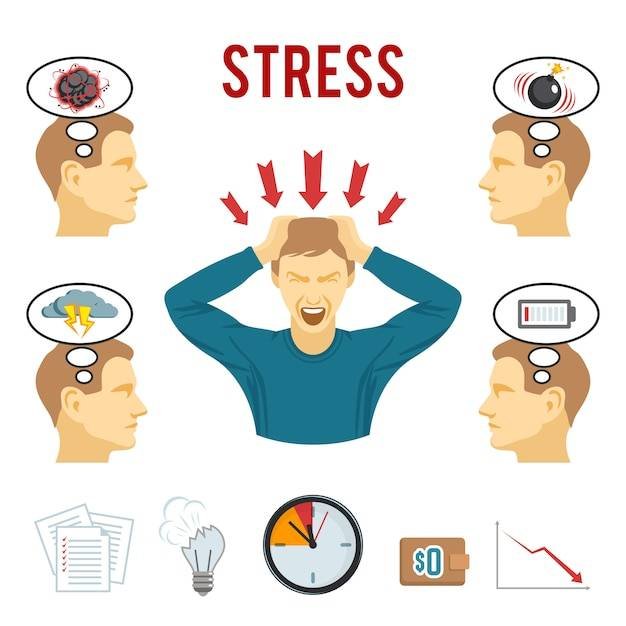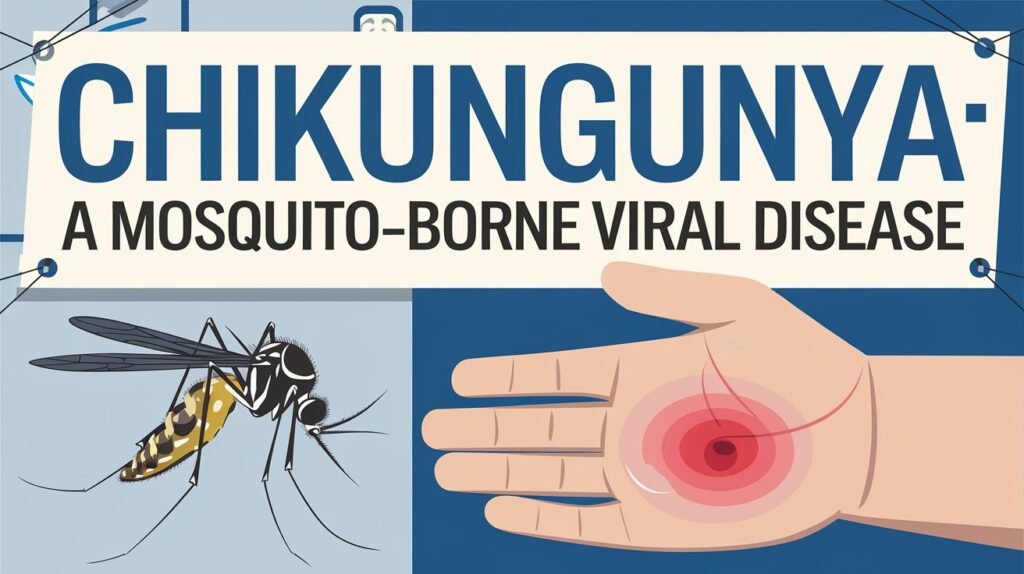What is the West Nile virus? What is West Nile Disease?
West Nile Virus is a member of the flavivirus genus and family Flaviviridae.
A mosquito-borne disease transmitted via West Nile virus-infected mosquito bite during summers. Mosquito bites day and night. Mosquitoes get infected and carry the virus after biting/ feeding infected birds. This virus mainly originated in the United States.
It usually does not produce symptoms, but sometimes infected people develop a serious, sometimes fatal, illness.
How to prevent the West Nile virus? How to prevent West Nile Disease?
The prevention of this disease is straightforward and requires the use of
- insect repellent
- wearing long-sleeved shirts
- long pants to prevent mosquito bites.
- use of screens on windows and doors
- cover strollers and baby carriers with mosquito netting
- unclog roof gutters
- change water in birdbaths and pet bowls regularly
- Avoid unnecessary outdoor activity
How to stop the spread of the West Nile virus? How to stop the spread of West Nile Disease?
The first and foremost important step in stopping West Nile virus or West Nile Disease spread is stopping the mosquito itself.
It can be done via various methods like insect killers, destroying its habitat, stopping its life cycle, removing water holding areas.
What are the symptoms of the West Nile virus? What are the symptoms of West Nile Disease?
Symptoms vary from person to person, and most of the time, no severe symptoms show up. However, it is a potentially fatal disease if not treated.
The incubation period of West Nile Virus is typically 2 to 6 days but ranges from 2 to 14 days.
Some common symptoms include
- Fever/ febrile illness: usually low grade but sometimes high grade
- Flu-like symptoms
- Headache
- body aches
- joint pains
- vomiting
- diarrhoea
- rash
Severe symptoms of West Nile virus are
- high fever
- headache
- neck stiffness
- stupor
- disorientation
- coma
- tremors
- convulsions/ fits/ seizures
- muscle weakness or partial paralysis
- vision loss
- numbness
- paralysis
Complications include encephalitis (inflammation of the brain) or meningitis (inflammation of the membranes surrounding the brain and spinal cord).
Who are the people at risk of West Nile disease?
People of age more than 60 years are at risk of being affected most by the West Nile Virus.
Other people at risk are cancer, diabetes, hypertension, kidney disease, and people who have received organ transplants.
How to diagnose West Nile disease?
The diagnosis of West Nile Disease is clinically based on the symptoms described above.
It should be considered in any person with a febrile or acute neurologic illness who has had recent exposure to mosquitoes, blood transfusion, or organ transplantation, especially during the summers.
Laboratory testing includes
- Serum or cerebrospinal fluid (CSF) to detect WNV-specific IgM antibodies. These are detected between 3 to 8 days after the onset of infection and may persist for a month (30 days) to 3 months (90 days).
- Reverse transcriptase-polymerase chain reaction [RT-PCR]
- IgM antibody capture enzyme-linked immunosorbent assay (ELISA)
- virus isolation by cell culture
What is the treatment of West Nile Disease?
How to treat West Nile Disease?
Currently, there is no vaccine to prevent this disease, so it is treated symptomatically. Sometimes in severe cases, patients may require to be hospitalized to receive intravenous fluids, pain medication, and nursing care.
FAQs (Frequently Asked Question related to West Nile Virus/ disease)
Q) Are pregnant women at higher risk for West Nile Virus/ disease?
A) Pregnant women are not at higher risk for West Nile virus infection.
Q) Can West Nile Virus transmit to a baby while breastfeeding?
A) It is a rare mode of transmission. Mostly it is safe to continue breastfeeding during infection.
Q) Can West Nile Virus transmit human to human?
A) No.






